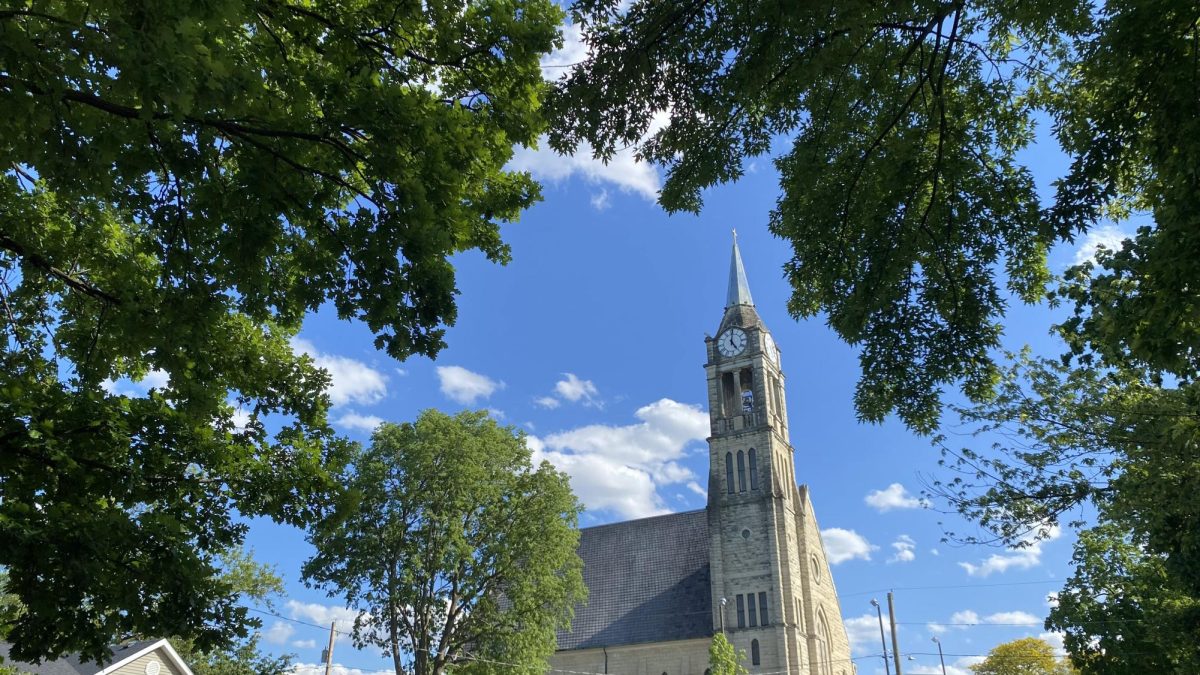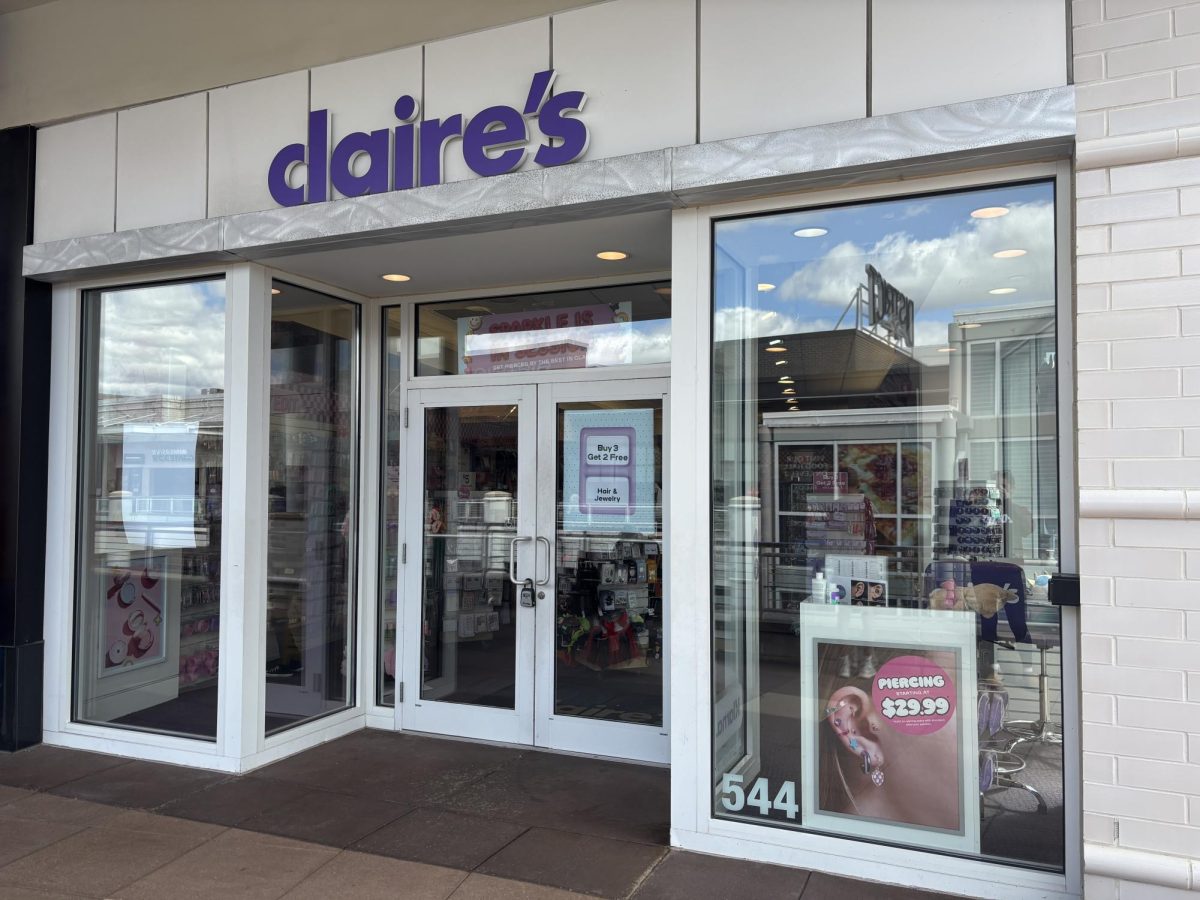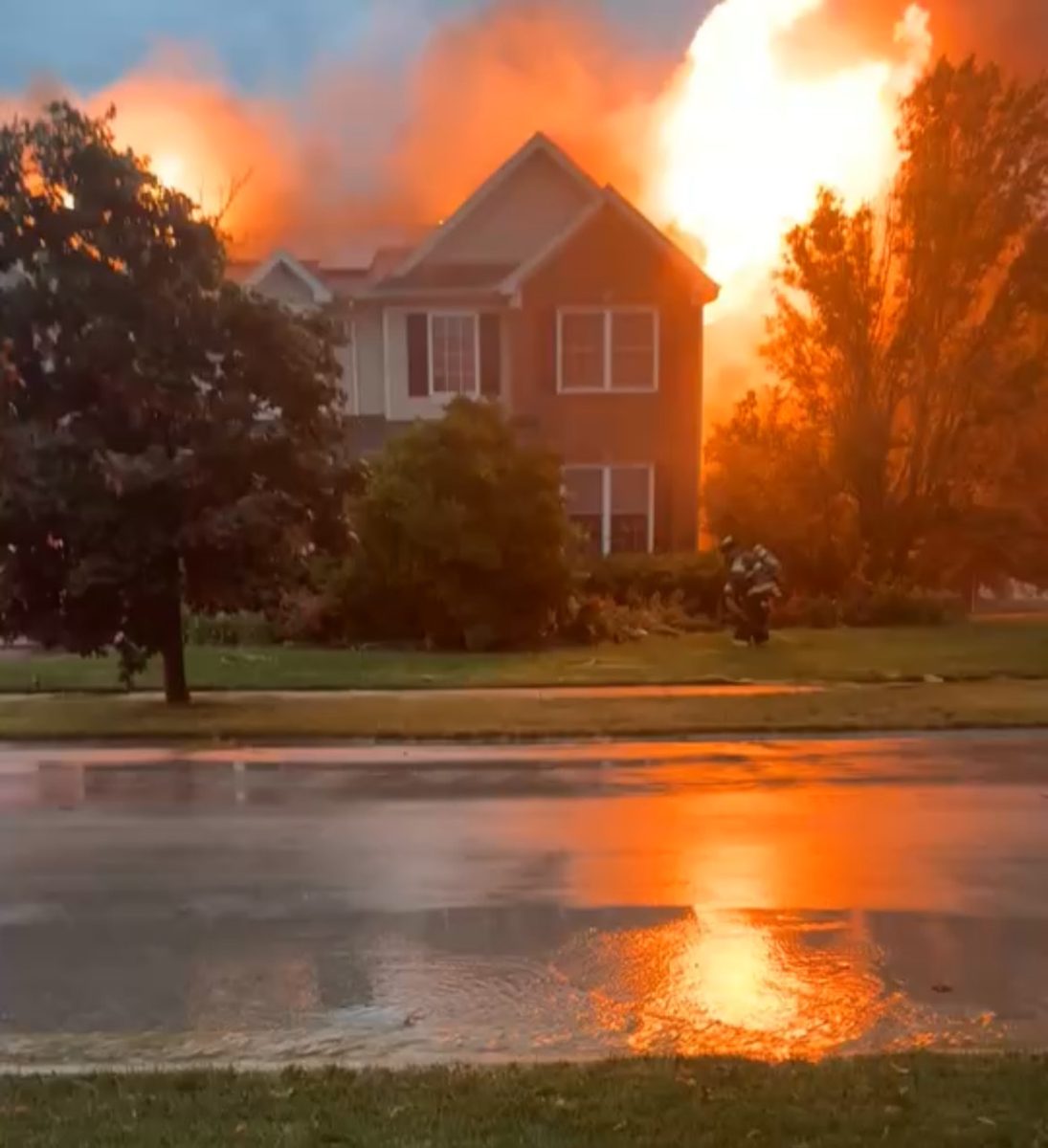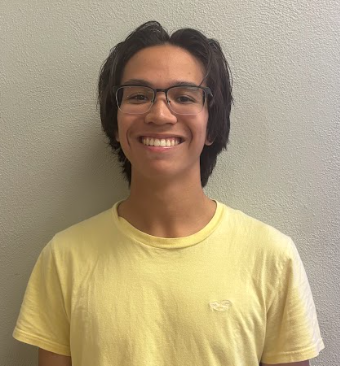As white smoke poured out of the Sistine Chapel, lifelong Catholic Molly Marchio rushed home to turn on the television, eager to learn the identity of the new pope.
When she heard the name “Robert,” she was shocked.
“I can’t remember what else they said because my niece was in his presence and attended several of his masses and she was really rooting for him.” Her niece had also been in the presence of the pope at Providence Catholic High School and Aurelio’s Pizza in Homewood. “I really did not expect that he would be chosen and I was so overjoyed.”
Stories such as Marchio’s quickly cropped up after Pope Leo XIV appeared on the balcony, shocking the world as the first American pope, and shocking Chicagoans with his roots in the city.
The members of St. Dennis Catholic Church in Lockport were no exception.
“I was out when the announcement came and I looked and I went, ‘Oh my goodness, that’s one of my first clients,’” Joy Kucharski, communications marketing director of St. Dennis recalled. She had worked with Pope Leo’s development office around the year 2000 when she ran her own organization business for print marketing.
For Illinois residents like Marchio and Kucharksi, Pope Leo has felt extremely close to home. For Chicago suburbians in particular, the revelation that the pope’s brother lives in New Lenox and has visited Providence Catholic High School has been mind boggling for many. Characteristically, many quickly scrutinized his taste in baseball and uncovered his preference for the White Sox.
“I am just absolutely flabbergasted that we got a pope from the Chicago area and all the people that are coming out that had some kind of connection with him,” St. Dennis parishioner Loraine Rinella expressed. “It’s just such a blessing at a very difficult time.”
“For most Catholics, we do look to the pope as kind of like our flag or wind vane,” Lisa Smith, evangelization director of St. Dennis explained. “We look to him like, ‘He’s the father, he’s the ultimate shepherd of our church.’”
Smith was substituting a third grade classroom when she and her students watched Pope Leo step onto the balcony. “When he came out on that balcony, I could hear the whole school cheering… We all stood up and were cheering. It was better than any football game, better than any World Series… to be there with third graders who were cheering and high fiving, and I’m crying.”
Smith recalled a conversation she had with a priest during the conclave for Pope Benedict XVI. When she eagerly asked if they would see an American pope, the priest shook his head and replied, “Lisa, I don’t think in your lifetime you will,” a sentiment echoed by many American Catholics. The idea of an American pope has historically been dismissed due to the United States’ global dominance – having a pope in addition to that influential position would simply give the United States too much power.
But now that this far-off fantasy has become reality, some, including St. Dennis pastor Dan Hoehn, believe that Pope Leo can approach issues in the western hemisphere with a better perspective and personal understanding: “I would think that being from Chicago, he has a pretty good handle on some of the challenges facing people today because of technology, like things that people didn’t deal with 100 years ago.”
“There’s a way that it’s significant in understanding that the 267th successor of Peter comes from down the street,” Thomas Logue, Parochial Vicar of St. Dennis explained. “That’s a very radically new thing for people here, where the pope might be someone that comes from a far-off land, lives in a far-off land, and when you realize ‘Oh, he comes from 20 minutes away,’ or ‘He stays a town over with his brother,’ or something, that’s very radically different for us.”
Logue also believes that the American origin of Pope Leo will lead to a “renewed interest” in Catholicism. “I have a friend who said, ‘Wow, the pope is a Sox fan. Man, maybe I should go back to confession.’ He hasn’t been in like twenty years.”
Hoehn pointed out in response, “When pope John Paul from Poland was named pope, he did spark quite an interest in vocations to the priests and within Poland, and there really was a flourishing of polish vocations, so I would expect some degree of that.”
But beyond the American origin of the pope, for many Catholics, the pope is a figure to rally behind and find unity in, not difference; It’s a way to see one another as fellow believers rather than complete strangers.
As Logue puts it: “The identity that I received from Jesus – and same with him, same with every other Catholic – what we received through baptism trumps any nationality, any divider, any label…The key thing is that the church with the holy spirit has chosen a new successor to St. Peter and he is a father to the whole world, father to the nations.”





